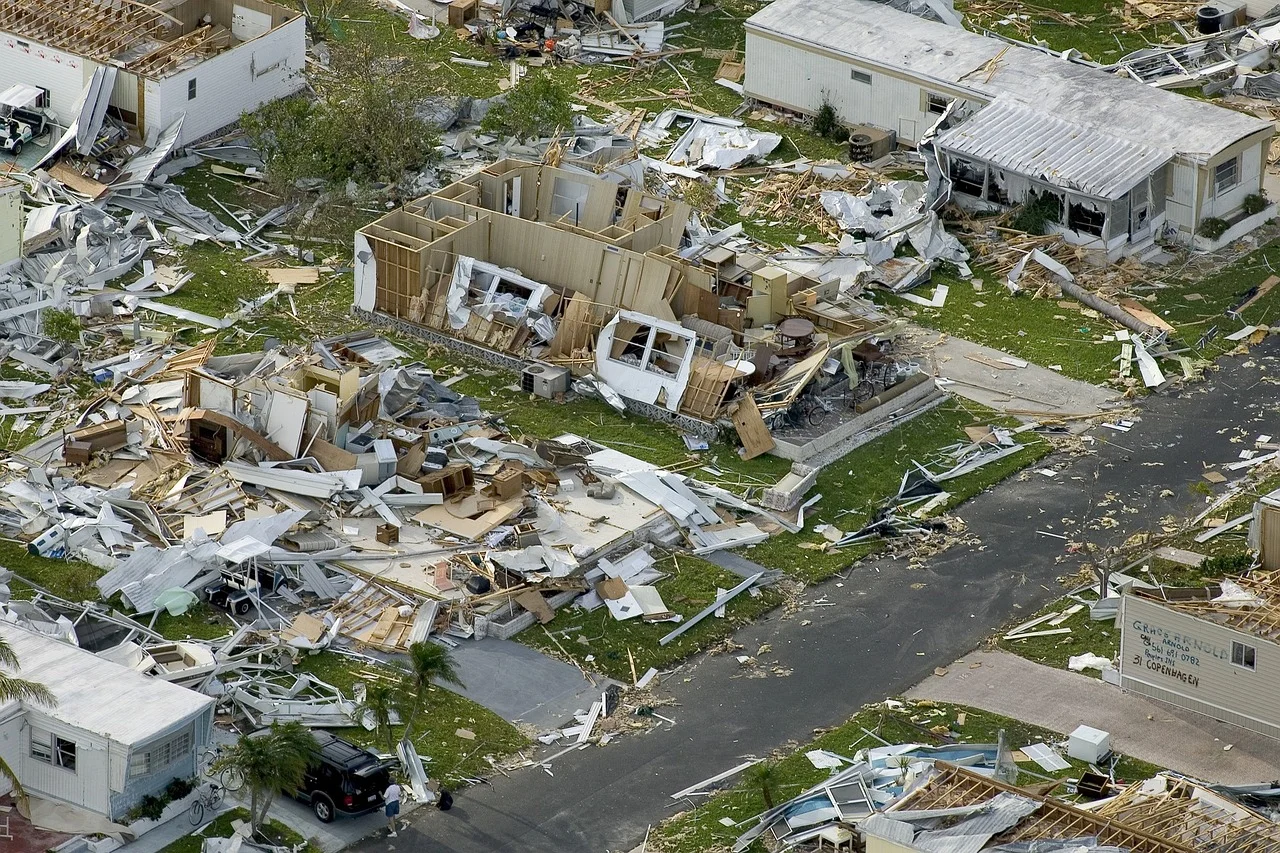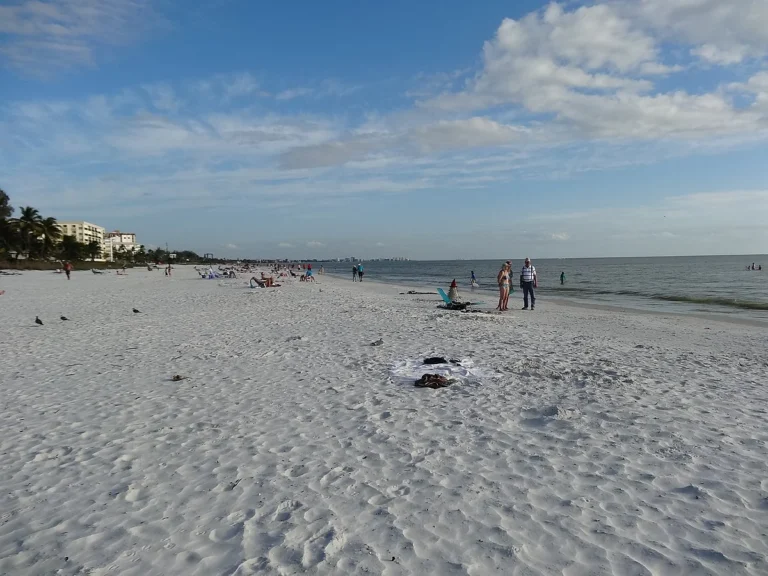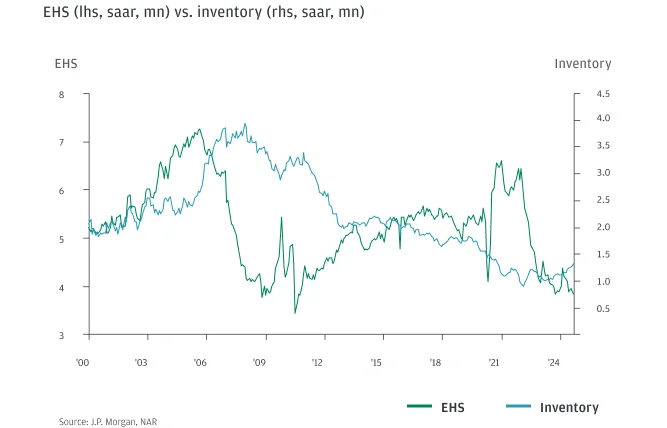A Look Back: The Impact of Hurricane Charley on Fort Myers
Have you ever wondered how often Fort Myers faces the fury of hurricanes? Or how the community has dealt with the devastating impact of these storms? Whether you’re a resident, potential homeowner, or simply curious about hurricane history, it’s essential to grasp the significance of this subject. Let’s dive into the experiences of Fort Myers during hurricane seasons and how this coastal community has managed to withstand some of nature’s fiercest challenges.
The Hurricane History of Fort Myers
Fort Myers, nestled along the southwestern coast of Florida, is no stranger to hurricanes. Since its founding, this charming city has weathered several significant hurricanes, each leaving its mark on the landscape and the community.
Related: Who Leads the Way? Meet Fort Myers Beach’s Mayor
Major Hurricanes in Fort Myers History
Hurricanes often come with warnings, but their unpredictability can still catch us off guard. Here are some notable hurricanes that have affected Fort Myers:
Hurricane Charley (2004)
One of the most memorable hurricanes to hit Fort Myers was Hurricane Charley in August 2004. This Category 4 hurricane made landfall just south of the city, causing extensive damage. The winds reached up to 150 mph, damaging homes and businesses alike. The aftermath saw the community banding together for recovery efforts, showcasing Fort Myers’ resilience.
Hurricane Irma (2017)
Fast forward to September 2017, when Hurricane Irma made its presence felt. Although the storm did not make direct landfall in Fort Myers, the city experienced significant impacts due to its size and power. Winds, heavy rains, and storm surges caused widespread flooding, leading to thousands of residents losing power. The aftermath required substantial recovery efforts, illustrating the importance of community support during tough times.
Understanding the Science Behind Hurricanes
As we reflect on these events, it’s crucial to understand what hurricanes are and what makes them so powerful. A hurricane is a rotating, organized system of clouds and thunderstorms that originates over tropical or subtropical waters and has closed low-level circulation. Categorized by their sustained wind speeds, hurricanes can reach devastating levels, impacting entire communities.
How Hurricanes Form
Hurricanes typically form over warm ocean waters, which provide the necessary energy for the storm. As warm air rises, it creates a vacuum that draws in more air. This process can lead to the formation of a hurricane if conditions remain favorable.
The Psychological Impact of Hurricanes
Hurricanes don’t just affect physical structures; they also take an emotional toll on communities. The fear of impending storms, combined with the aftermath of destruction, can lead to significant stress and anxiety among residents. Understanding this psychological aspect can help better prepare and support those affected.
Must Read: Unveiling History: Who Was Fort Myers Named After?
Preparing for a Hurricane in Fort Myers
Preparation is key when living in a hurricane-prone area like Fort Myers. Here are some tips to help you and your family stay safe during hurricane season.
Create a Family Emergency Plan
Having a plan can make all the difference. Discuss evacuation routes, establish emergency contacts, and decide where to go if you need to leave your home. Make sure everyone understands the plan and practices it regularly.
Stock Up on Supplies
Having adequate supplies on hand can help ease fears during a storm. Essential items include water, non-perishable food, flashlights, batteries, first aid kits, and any necessary medications. Don’t forget to have supplies for your pets if you have them!
Stay Informed
Keeping up to date with local news and weather reports can help you stay informed about any potential storms. Utilize apps and weather websites, and consider signing up for local alerts to receive timely information.
The Community Response to Hurricanes
Fort Myers has demonstrated remarkable resilience in the face of hurricanes. From community gatherings to volunteer efforts, residents often come together to support one another in recovery and rebuilding efforts. This spirit of camaraderie not only strengthens bonds among neighbors but also bolsters the entire community’s resilience.
Local Government Initiatives
The local government plays a critical role in hurricane preparedness and recovery. Fort Myers has implemented various initiatives to improve infrastructure, ensure safety, and educate residents about hurricane preparedness. Emergency response teams work tirelessly to ensure that when a storm approaches, the community is well-prepared.
Related: Dining by the Shore: Discover Which Fort Myers Beach Restaurants Are Open Now!
Conclusion
In conclusion, Fort Myers has faced numerous hurricanes, each leaving an indelible mark on the community. From Hurricane Charley in 2004 to Hurricane Irma in 2017, the city’s resilience has shone through. By being prepared, staying informed, and supporting one another, we can navigate the challenges that come with being in a hurricane-prone area. I encourage you to share your thoughts, experiences, or any questions in the comments below!
FAQ Section
1. What is hurricane season in Florida?
Hurricane season in Florida typically runs from June 1st to November 30th each year.
2. How can I prepare my home for a hurricane?
Make sure windows are boarded up, clear your yard of dangerous debris, and install storm shutters if possible. Consider hurricane-proofing your roof and reinforcing your garage door.
3. What should I include in my emergency kit?
Your emergency kit should include water, non-perishable food, a flashlight, batteries, first aid supplies, medications, and important documents.
4. Are there shelters available in Fort Myers during a hurricane?
Yes, local government agencies typically establish designated emergency shelters during hurricane events, and you can find information about them through local news channels or the city’s official website.
5. How does the community recover after a hurricane?
Recovery efforts usually involve a mix of government assistance, community support, and volunteer initiatives, helping residents rebuild and restore their lives.
Trusted Sources
National Hurricane Center: https://www.nhc.noaa.gov
FEMA (Federal Emergency Management Agency): https://www.fema.gov
Florida Division of Emergency Management: https://www.floridadisaster.org
University of Florida IFAS Extension: https://sfyl.ifas.ufl.edu
Lee County Emergency Management: https://www.leegov.com/emergencymanagement







